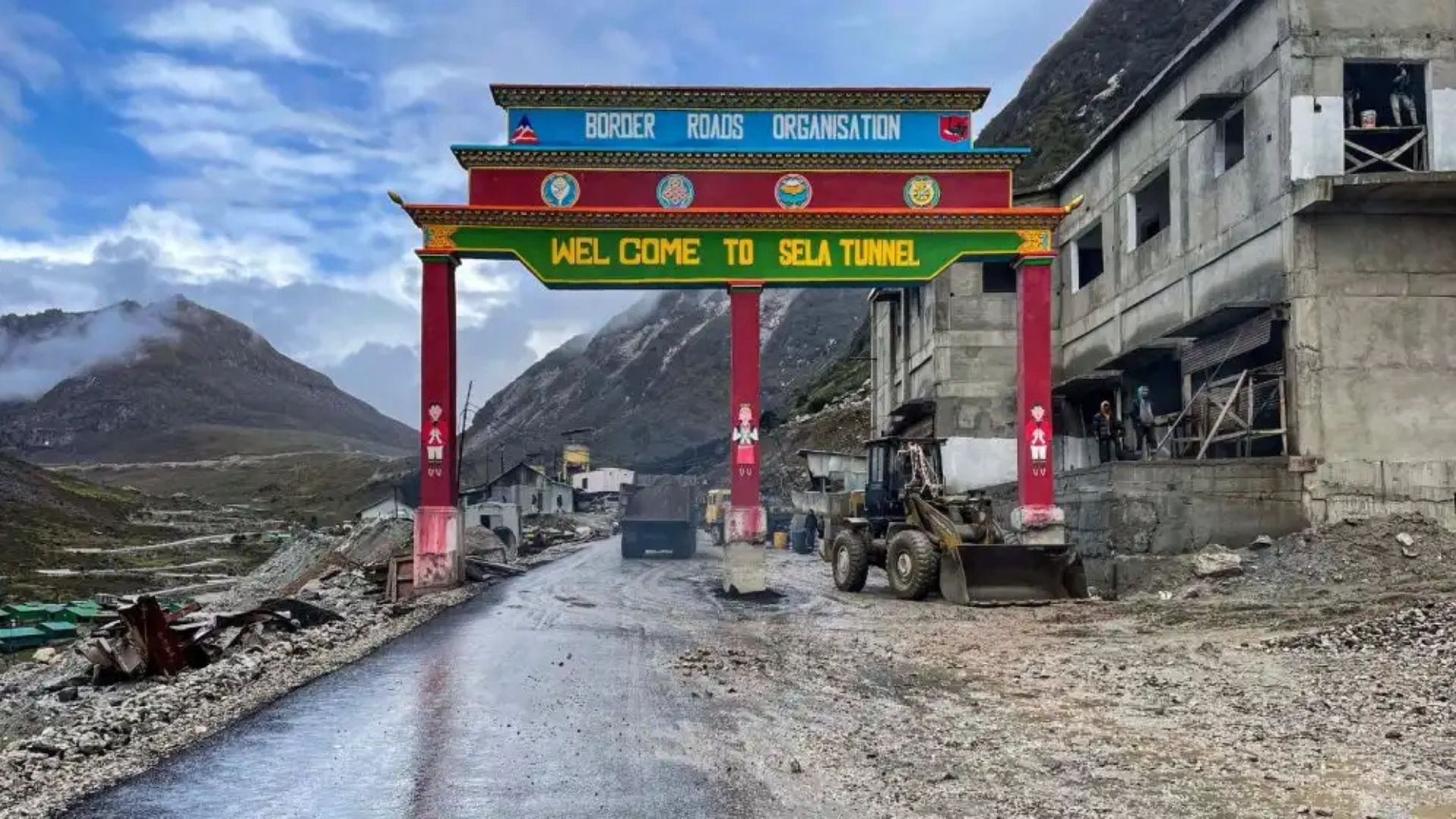On Thursday, the Ministry of Home Affairs (MHA) in India designated Hizb-ut-Tahrir (HuT), an international pan-Islamic organization, as a banned entity under the Unlawful Activities (Prevention) Act (UAPA) of 1967.
This decision comes amidst heightened concerns over HuT’s activities, which include the radicalization of youth and recruitment for terrorist organizations like ISIS. The government cited HuT’s goal of establishing an Islamic state and caliphate through jihad, posing a threat to India’s national security and democratic setup.
The Union Home Minister Amit Shah announced the ban on X, stating that this step aligns with Prime Minister Narendra Modi’s “zero tolerance towards terrorism” policy. HuT’s involvement in radicalizing individuals, raising funds for terrorism, and leveraging social media for spreading extremist ideology highlights the perceived risks associated with the group in India. Recently, the National Investigation Agency (NIA) also launched crackdowns on HuT operatives in Tamil Nadu, targeting individuals involved in propagating the organization’s ideology.
Operations of Hizb-ut-Tahrir
Hizb ut-Tahrir (HuT), founded in Jerusalem in 1953 by Taqiuddin al-Nabhani, is a global pan-Islamic organization advocating for the establishment of a unified Islamic caliphate under Sharia rule. Initially non-violent, HuT has evolved over decades into a complex organization with an expansive influence across continents. Today, the group is banned in several countries and scrutinized for its ideological leanings and involvement in extremist activities, as many governments consider HuT a serious threat to national security.
Headquartered in Lebanon, HuT operates in at least 30 countries, including the UK, USA, Canada, and Australia. While it emphasizes political activism over direct violence, its support for military factions and influential leaders with a capacity to stage coups has drawn significant global concern. The group’s tactics range from peaceful gatherings and educational outreach to covert attempts at regime destabilization.
It opposes secularism, democracy, and Western influence, promoting a worldview that many see as incompatible with modern state structures. In Russia, HuT has been classified as a terrorist organization, and its members have faced arrests and trials for their activities.
HuT’s Terrorist Activities
Its activities range from public advocacy to covert meetings, aiming to mobilize followers toward establishing a caliphate. Jihad is seen as a crucial aspect of this mission, with an emphasis on confronting “pretender” Muslim rulers and overthrowing non-Islamic governance structures.
In April 2003, British citizen Asif Muhammad Hani carried out a suicide bombing in Tel Aviv, Israel, while his accomplice, Omar Khan Sharif, associated with HuT’s offshoot group, failed in his attempt. Both men’s involvement underscored HuT’s link to violent extremism.
In 2007, three men associated with the HuT offshoot, the Islamic Jihad Union, were arrested for plotting attacks on civilians and infrastructure in Germany. This incident raised concerns about HuT’s influence in Europe.
The 2014 Lindt Café siege in Sydney, Australia, carried out by Man Haron Monis, showcased HuT’s potential influence on individuals inspired by its ideology. Monis, though acting alone, had previously attended a HuT lecture, sparking debates over the group’s ideological influence.
Presence in Bangladesh
In Bangladesh, it used social issues like corruption and poverty to attract support. HuT became active in the 2000s, focusing on university students and educated youth. Although the group was banned in 2009, it remains active, recently holding a rally in Dhaka calling for the establishment of a caliphate.
HuT’s Recent Expansion into India
India’s National Investigation Agency (NIA) and other authorities have cracked down on HuT’s attempts to spread its ideology within the country. In recent months, HuT members in Tamil Nadu, Madhya Pradesh, and other regions were arrested on charges related to anti-India propaganda, incitement of violence, and recruitment activities. In May 2023, a major operation in Madhya Pradesh led to the arrest of 16 HuT members involved in anti-national activities. The agency uncovered propaganda materials and digital devices used for indoctrination and recruitment.
Countries Banning HuT
The group faces bans in many countries, including Bangladesh, Pakistan, China, Russia, Germany, Turkey, and Indonesia, where it is viewed as a destabilizing force. Some Arab countries have also outlawed HuT, although it remains legal in Lebanon, Yemen, and the UAE. India’s recent designation of HuT as a terrorist organization marks a critical step in its effort to curb HuT’s influence in the region.
Germany banned HuT in 2003 for activities violating the German constitution and inciting violence. Egypt Prohibited HuT due to its advocacy for overthrowing secular governance structures. Pakistan outlawed HuT in 2003, following concerns about its involvement in anti-state activities and radicalization. Russia classified HuT as a terrorist organization in 2003, citing links to extremist activities and attempts to destabilize the state.
Bangladesh: Imposed a ban in 2009, accusing HuT of attempting to destabilize the country. Tajikistan banned HuT, labeling it an extremist organization and accusing it of promoting terrorism. Uzbekistan and other Central Asian nations banned the group due to concerns over its radicalizing influence and alleged ties to militant groups.
Additionally, countries like the United Kingdom, despite not officially banning HuT, have closely monitored its activities, especially due to its alleged role in radicalizing individuals within certain communities.
ALSO READ: 28-Year-Old PhD Student Dies By Suicide At IIT Kanpur, Fourth Case In One Year

















